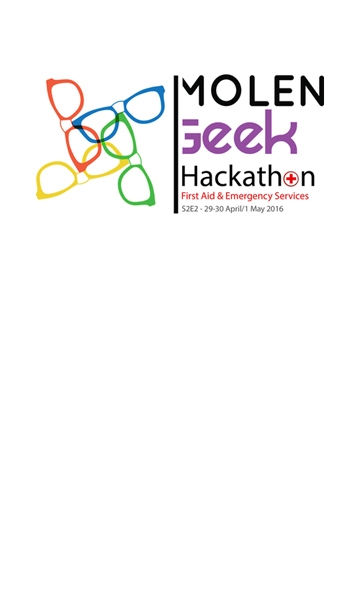Technologies help the smart city to cope with crisis situations and to deal with major incidents, according to the principle of urban resilience. In the wake of the terrorist attacks of 22 March, a hackathon organised by the Molengeek association focused on projects for creating applications on the theme of emergency and assistance services. Smartcity.brussels supported this initiative.
The organisers of the Molengeek association chose to respond positively to the attacks of 22 March 2016 that, in particular, struck the Brussels metro station of Maelbeek. Their idea? Organise a development marathon on a theme making a link between the smart city and the resilient city: “Helping and optimising the emergency services in the event of emergency assistance operations.”
5 challenges thrown down to developers
Organised under the name of MolenHack, this hackathon threw down five challenges to its participants:
- Communicate with the emergency services by using existing platforms (WhatsApp, Viber, for example) which are used to communicate additional information (precise location, photos, videos, etc.);
- Map in a collaborative way the private network of defibrillators;
- Use Twitter and Facebook to help the emergency services, particularly via a filter to sort the information;
- Relieve the call centres when major incidents occur;
- Locate a caller via SMS.
The Opendatastore.brussels portal in support
Several partners and initiatives in the public sector supported this event. Thus the proposed challenges were formulated with the advice from the fire and emergency medical assistance service in the Brussels-Capital Region (SIAMU) and 112 managers at the European level. Moreover, the
Opendatastore.brussels portal, recently launched within the context of the smartcity.brussels strategy, made available to competitors data under open licence of the location of defibrillators in the Brussels region.


